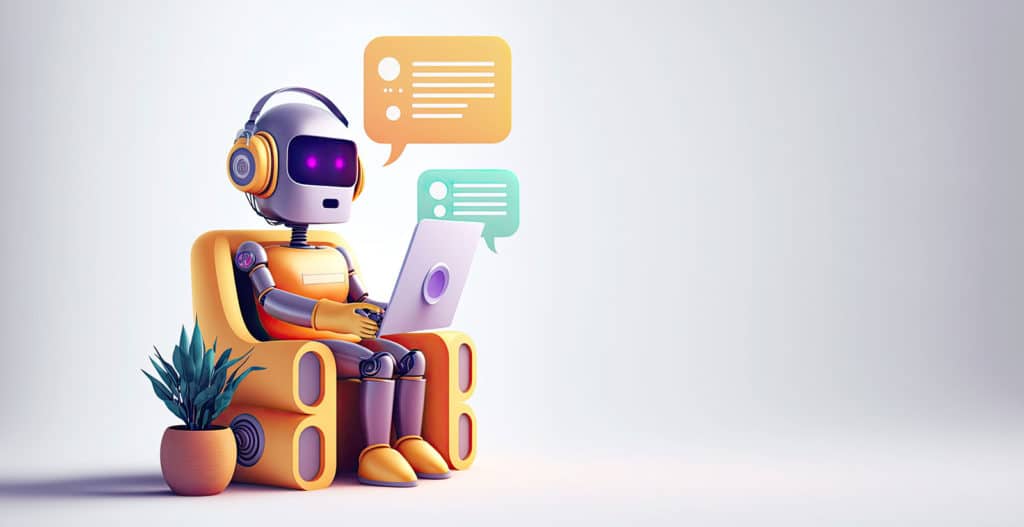AI has a significant impact on Search Engine Optimization (SEO) by transforming how content is created, optimized, and analyzed. Here are several key ways in which AI affects SEO:

Table of Contents
Content Creation and Optimization
- Automated Content Generation: AI tools can help create content based on keyword research and SEO trends, though human oversight is still crucial to ensure quality and relevance.
- Content Personalization: AI can analyze user behavior and preferences to personalize content dynamically, potentially improving engagement and SEO outcomes.
Search Algorithms
- Improved Search Algorithms: Search engines like Google use AI and machine learning to better understand and interpret search queries, improving the accuracy of search results. This includes understanding user intent and contextual meaning of terms.
- Ranking Adjustments: AI algorithms are continuously updated to prioritize high-quality, relevant content over keyword-stuffed or low-quality pages. This shifts SEO focus from mere keyword optimization to delivering genuine value.
User Experience (UX) Optimization
- Website Personalization: AI can analyze visitor data to optimize website layouts, content placement, and navigational structures, improving user experience, a key factor in SEO.
- Load Time and Performance Optimization: AI-driven tools can optimize website speed and performance, which are critical factors for ranking high on search engines.
Voice Search Optimization
- Rise of Voice Queries: With the increasing use of digital assistants (e.g., Alexa, Siri), SEO is evolving to accommodate more natural language queries and long-tail keywords. AI helps understand and optimize for these types of searches.
Predictive Analytics
- SEO Trend Analysis: AI tools can predict future trends in SEO by analyzing data trends, helping companies stay ahead in their content and keyword strategies.
- Competitor Analysis: AI can efficiently analyze competitors’ strategies, providing insights that can be used to refine SEO tactics.
Image and Video Optimization
- Visual Content Recognition: AI technologies like image and video recognition can optimize non-text content, which is increasingly important as visual searches become more popular.
Link Building
- Smart Link Building: AI can identify potential link-building opportunities by analyzing link patterns and suggesting authoritative sources more likely to provide backlink opportunities.
Automated Problem Solving
- Technical SEO Audits: AI-driven tools can crawl a website similar to how search engines do, quickly identifying and suggesting fixes for SEO issues like broken links, duplicate content, or SEO-unfriendly code.
Overall, AI deeply influences how SEO strategies are planned and executed, making processes more efficient and aligned with how search engines and users interact with content. As AI technology continues to evolve, its integration into SEO strategies will likely become even more profound, necessitating continuous learning and adaptation from SEO professionals.
Related Articles
FAQ
How to humanize AI content for free?
Published on: 2024-02-14
Updated on: 2024-05-07